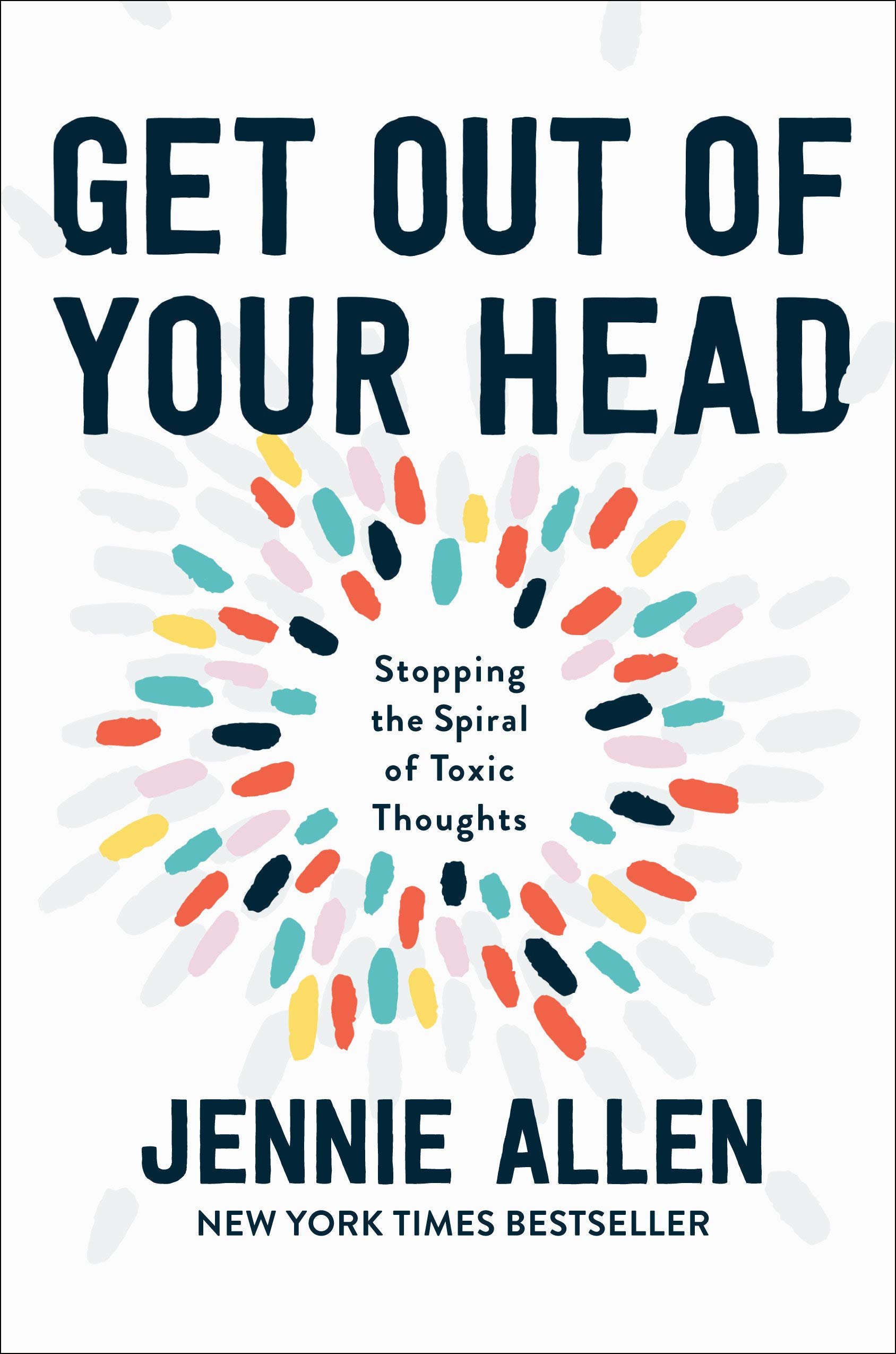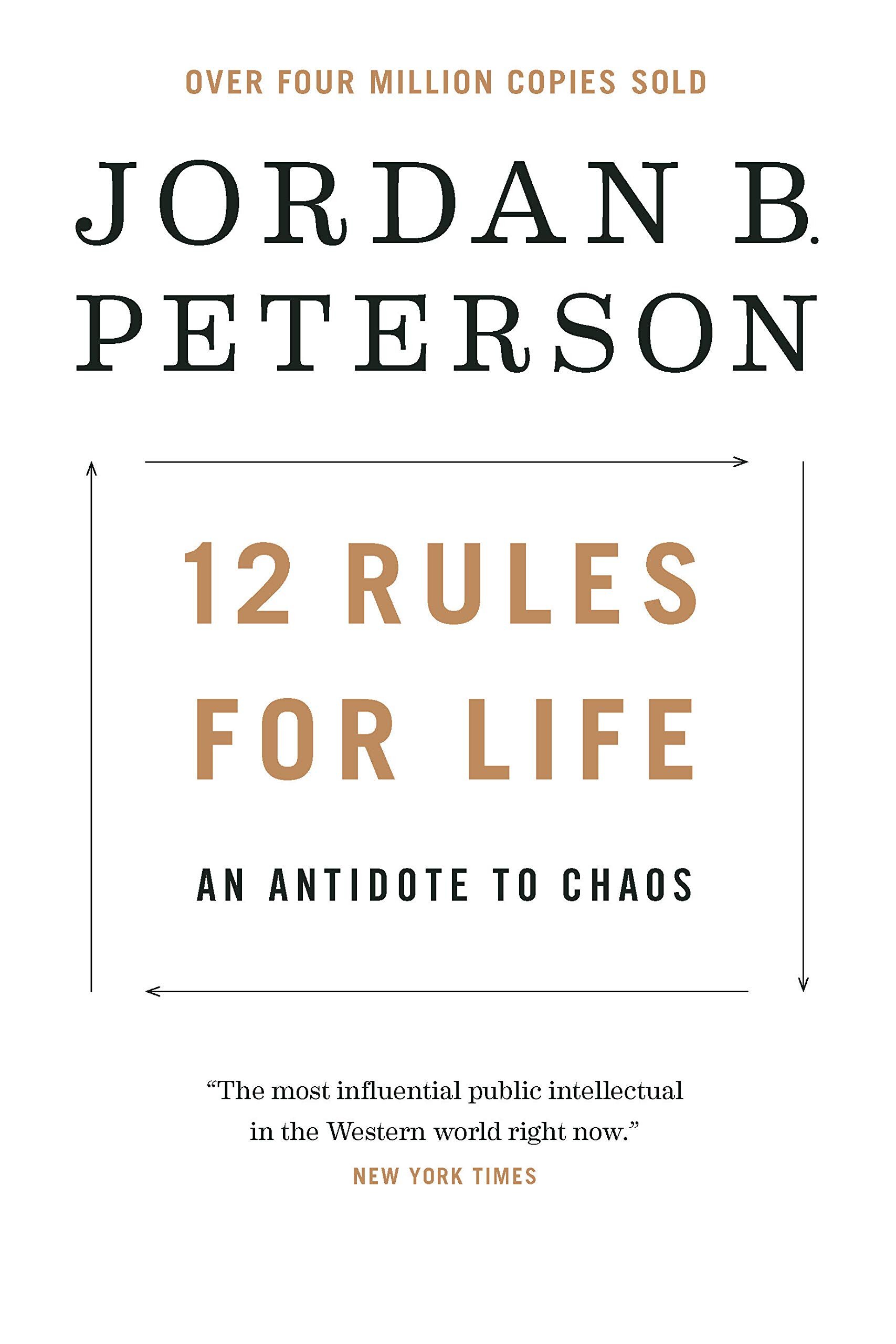Rule 1: Stand up Straight with Your Shoulders Back:
“Sometimes the defeat can have even more severe consequences. If a dominant lobster is badly defeated, its brain basically dissolves. Then it grows a new, subordinate’s brain - one more appropriate to its new, lowly position” (pg. 7).
“In my kingdom, you have to run as fast as you can just to stay in the same place. No one standing still can triumph, no matter how well suited” (pg 13).
“Many bureaucracies have petty authoritarians within them, generating unnecessary rules and procedures simply to express and cement power. Such people produce powerful undercurrents of resentment around them which, if expressed, would limit their expression of pathological power. It is in this manner that the willingness of the individual to stand up for him or herself protects everyone from the corruption of society” (pg 24).
“They see they can and must stand up, because they begin to understand how genuinely monstrous they will become, otherwise, feeding on their resentment, transforming it into the most destructive of wishes” (pg 25).
“To stand up straight with your shoulders back is to accept the terrible responsibility of life, with eyes wide open. It means deciding to voluntarily transform the chaos of potential into the realities of habitable order . . . to stand up straight with your shoulders back means building the ark that protects the world from the flood, guiding your people throughout the desert after they have escaped tyranny, making your way away from comfortable home and country, and speaking the prophetic word to those who ignore the widows and the children . . . it mean withstanding the ensuing uncertainty, and establishing, in consequence, a better, more meaningful and more productive order” (pg. 27).
Dare to be Dangerous! “Then you may be able to accept the terrible burden of the World, and find joy” (pg 28).
Rule 2: Treat Yourself Like Someone You are Responsible for Helping
“Chaos is the despair and horror you feel when you have been profoundly betrayed. It’s the place you end up when things fall apart; when your dreams die, your career collapses, or your marriage ends . . . Chaos is also the formless potential from which the God of Genesis I called forth order using language at the beginning of time. It’s the same potential from which we, made in that Image, call forth the novel and ever-changing moments of our lives” (pg 35, 36).
“Russian writer Aleksandr Solzhenitsyn insisted, the line dividing good and evil cuts through the heart of every human being” (pg. 47).
“If we wish to take care of ourselves properly, we would have to respect ourselves - but we don’t, because we are - not least in our own eyes - fallen creatures. If we lived in Truth; if we spoke the Truth - then we could walk with God once again, and respect ourselves, and others, and the world. Then we might treat ourselves like people we cared for. We might strive to set the world straight. We might orient it toward Heaven, where we would want people we cared for to dwell, instead of Hell, where our resentment and hatred would eternally sentence everyone” (pg. 58).
“You must determine where you are going, so that you can bargain for yourself, so that you don’t end up resentful, vengeful and cruel. You have to articulate your own principles, so that you can defend yourself against others’ taking inappropriate advantage of you, and so that you are secure and safe while you work and play” (pg. 63).
Rule 3: Make Friends with People Who Want the Best for You
“People create their worlds with the tools they have directly at hand. Faulty tools produce faulty results. Repeated use of the same faulty tools produces the same faulty results. It is in this manner that those who fail to learn from the past doom themselves to repeat it” (pg. 75).
“Maybe your misery is the weapon you brandish in your hatred for those who rose upward while you waited and sank. Maybe your misery is your attempt to prove the world’s justice, instead of the evidence of your own sin, your own missing of the mark, your conscious refusal to strive and to live” (pg 81).
“People who are not aiming up will do the opposite” (pg. 82).
“They will become jealous when you succeed, or do something prestine. They will withdraw their presence or support, or actively punish you for it. They will over-ride your accomplishment with past action, real or imaginary, or their own . . . they are dragging you down because your new improvements cast their faults in an even dimmer light” (pg. 83).
Rule 4: Compare Yourself to Who You Were Yesterday, not to Who Someone Else is Today
“If the internal voice makes you doubt the value of your endeavors - or your life, or life itself - perhaps you should stop listening. If the critical voice within says the same denigrating things about everyone, no matter how successful, how reliable can it be?” (pg 87).
“Perhaps you are overvaluing what you don’t have and undervaluing what you do. THere’s some real utility in gratitude. It’s also good protection against the dangers of victimhood and resentment” (pg. 89).
“What you aim at determines what you see” (pg. 96).
“The world, as perceived, as maya - appearance or illusion. This means, in part, that people are blinded by their desires. Your eyes are tools. They are there to help you get what you want. The price you pay for the utility, that specific, focused direction, is blindness to everything else” (pg 98).
“Our values, our morality - they are indicators of our sophistication” (pg 102).
“You can only find out what you actually believe (rather than what you think you believe) by watching how you act” (pg. 103).
Rule #5: Do Not Let Your Children Do Anything that Makes You Dislike Them
Rule #6: Set Your House in Perfect Order Before Your Criticize the World
“After the experience of terrible atrocity, isn’t forgiveness just cowardice, or lack of willpower? Such questions torment me. But people emerge from terrible pasts to do good, and not evil, although such an accomplishment can seem superhuman” (pg. 152).
“A hurricane is an act of God. But failure to prepare, when the necessity for preparation is well known - that’s sin. That’s failure to hit the mark. And the wages of sin is death (Romans 6:23). The ancient Jews always blamed themselves when things fell apart. They acted as if God’s goodness - the goodness of reality - was axiomatic, and took responsibility for their own failure. That’s insanely responsible. But the alternative is to judge reality as insufficient, to criticize Being itself, and to sink into resentment and the desire for revenge” (pg. 157).
Rule 7: Pursue What is Meaningful (Not What is Expedient)
“If the world you are seeing is not the world you want, therefore, it’s time to examine your values. It’s time to rid yourself of your current presuppositions. It’s time to let go. It might even be time to sacrifice what you love best, so that you can become who you might become, instead of staying where you are” (pg 170).
“If you cease to utter falsehoods and live according to the dictates of your conscience, you can mainitain your nobility, even when facing the ultimate threat; if you abide, truthfully and courageously, by the hightest of ideals, you will be provided with more security and strength than will be offered by any short-sighted concentration on your own safety; if you live properly, fully, you can discover meaning so profound that it protects you even from the fear of death” (pg 173).
“Soldiers who develop post-traumatic stress disorder frequently develop it not because of something they saw, but because of something they did” (pg 180).
“Power also means the capacity to take vengeance, ensure submission, and crush enemies” (pg 184).
#8 Tell the Truth - Or, At Least, Don’t Lie
“Pride falls in love with its own creations, and tries to make them absolute'“ (pg 210).
“A sin of commission occurs when you do something you know to be wrong. A sin of omission occurs when you let something bad happen when you could do something to stop it” (pg 211).
“If you will not reveal yourself to other, you cannot reveal yourself to yourself . . . when you explore boldly, when you voluntarily confront the unknown, you gather information and build your renewed self out of that information . . . You have to say something, go somewhere and do things to get turned on. And, if not . . . you remain incomplete, and life is too hard for anything incomplete.
If you say to your boss, or your spouse, or your mother, when it needs to be said, then you transform yourself into someone who can say no when it needs to be said. If you say yes when no needs to be said, however, you transform yourself into someone who can only say yes, even when it is very clearly time to say no. If you ever wonder how perfectly ordinary, decent people could find themselves doing the terrible things the gulag camps guards did, you now have your answer. By the time no seriously needed to be said, there was no one left capable of saying it” (pg 212).
“What saves is the willingness to learn from what you don’t know” (pg 218).
“Things fall apart: this is one of the greatest discoveries of humanity. An d we speed the natural deterioration of great things through blindness, inaction, and deceit. Without attention, culture degenerates and dies, and evil prevails” (pg 228).
“To tell the truth is to bring the most habitable reality into Being. Truth builds edifices that can stand a thousand years. Truth feeds and clothes the poor, and makes nations wealthy and safe. Truth reduces the terrible complexity of a man to the simplicity of his word, so that he can become a partner, rather than an enemy. Truth makes the past truly past, and makes the best use of the future’s possibilities. Truth is the ultimate, inexhaustible natural resource. It’s the light in the darkness.
See the Truth. Tell the Truth.
. . .
If your life is not what it could be, try telling the truth. If you cling desperately to an ideology, or wallow in nihilism, try telling the truth. If you feel weak and rejected, and desperate, and confused, try telling the truth. In paradise, everyone speaks the truth. That is what makes it paradise.
Tell the truth. Or at least, don’t lie” (pg 230).
Rule 9: Assume That the Person You are Listening to Might Know Something you Don’t

















